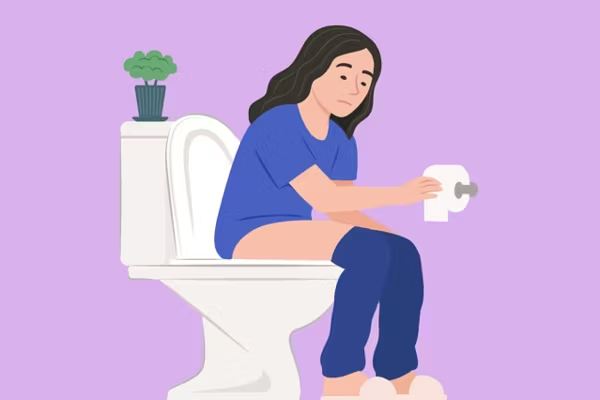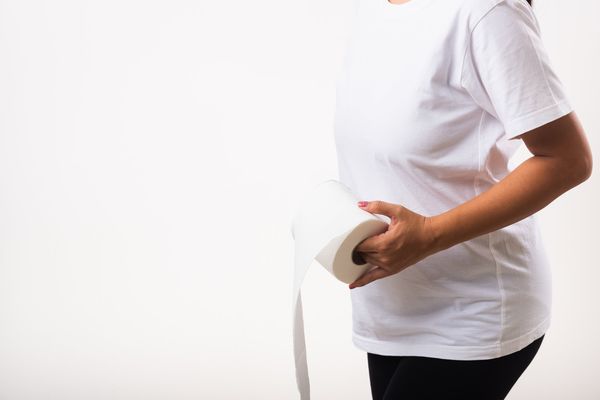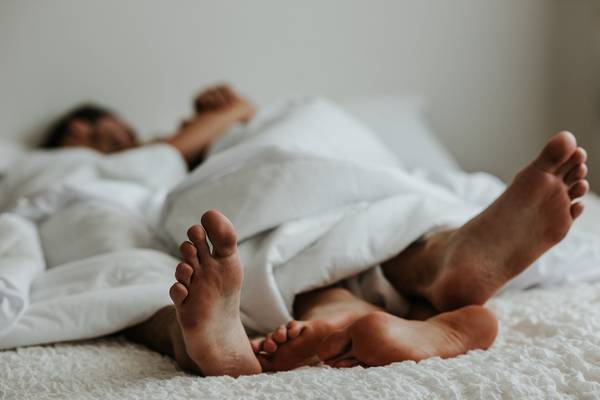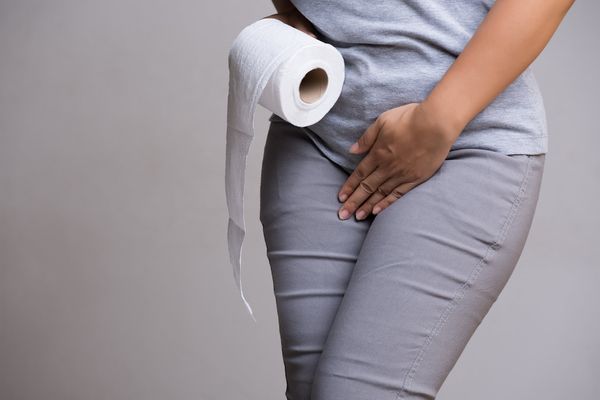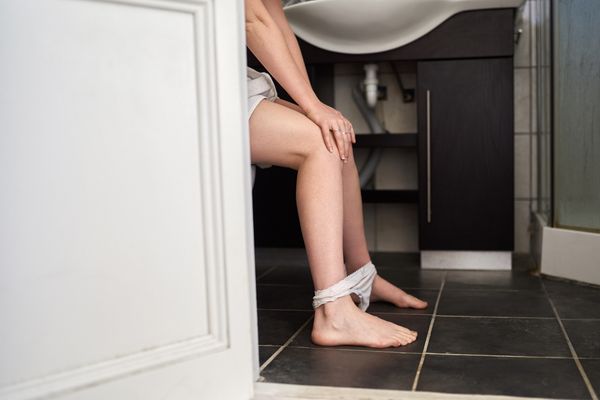By Nicole Kwan
Repeatedly getting up from social gatherings to use the bathroom and waking up in the middle of the night to urinate are incredibly stressful, real effects of overactive bladder. Fortunately, there are doable lifestyle modifications that can help you take your life back in control.
Monitor fluid intake.
In general, most people drink too much fluids, says Elizabeth Kavaler, M.D., urogynecologist, urologist, and managing partner of Total Urology Care of New York in New York City.
"If you drink fluids and eat a lot of food your body doesn't need, it'll evacuate it," she says. "It's unpredictable — you can't drink something and know when it'll process through your body."
This becomes problematic as we age, because the body is less able to compensate the way it did before. Nervous system changes make it hard to delay urination, causing involuntary leakage.
On the other hand, if you're depriving yourself of liquids to avoid using the bathroom, that isn't necessarily helpful either.
The key, Kavaler says, is to simply drink when you're thirsty.
"If you feel like you're depriving yourself, or that you want to drink but don't because you don't want to have a problem, that's not good," she says.
Schedule your bathroom breaks.
Plan to urinate every 2 to 3 hours, or before you leave a restaurant, movie theater, or other location that has a convenient bathroom.
"A lot of people don't want to use public bathrooms, but if you go before you leave, you won't stretch yourself that last period where you can make it," she says.
Why every 2 to 3 hours? Because most of our activities — think movies, dinner, road trip legs — occur in those intervals, Kavaler says.
Strengthen your pelvic floor muscles.
Kegal exercises to strengthen your pelvic floor muscles can be somewhat effective, but not a guaranteed solution, Kavaler says. They help inhabit bladder contraction with stress incontinence (which occurs when you cough, laugh, and/or sneeze).
"It's helpful, but sometimes when it's truly an overactive bladder, it's a neurological problem," Kavaler says, explaining that weekend nervous system signals are what initiate the bladder to contract, causing you to urinate whether you intend to or not. "Telling someone to do Kegals then can be very frustrating."
Find a wearable solution that works for you.
There are so products for managing incontinence, and Kavaler says it's about finding a solution that works best for you. Do you want something that's styled like underwear or pad? What kind of clothing are you wearing? Do you want a reusable, cotton pad?
"Companies put a lot of time and energy to make pads effective, and there's a lot of competition," she says. "A lot make very sophisticated, effective products."
If you think you're experiencing symptoms of overactive bladder, speak with your healthcare provider about your options.
This resource was created with support from Astellas.


